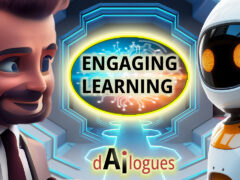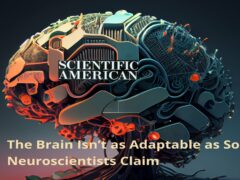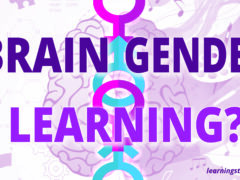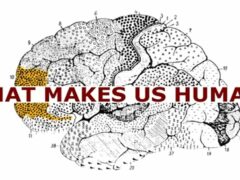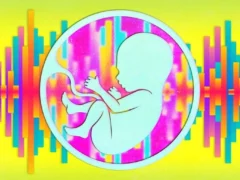Within a child’s agency, nothing is more universally determining of how they are becoming the adults they are becoming than the ongoing live flow of their learning. Consider the life-benefits of learning early in life that “I will become who I learn to become”.


